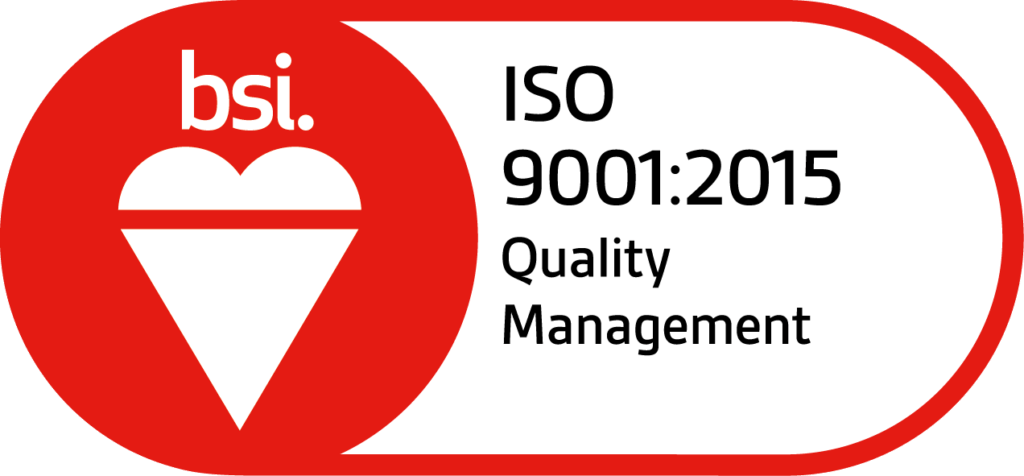DIRECTIVES
The Council Directive 98/83/EC dated 3 November 1998 concerning the quality of water intended for human consumption.
Its goal is to protect human health from adverse effects of any contamination of water intended for human
consumption by ensuring that it is healthy and clean.
THE DIRECTIVE APPLIES TO:
All water either in its original state or after treatment, intended for drinking, cooking, food preparation or other domestic purposes, regardless of its origin and whether it is supplied from a distribution network, from a tanker, or in bottles or containers;
All water used in any food-production undertaking for the manufacture, processing, preservation or marketing of products or substances intended for human consumption unless the competent national authorities are satisfied that the quality of the water cannot affect the wholesomeness of the foodstuff in its finished form;
Domestic distribution system shall mean the pipework, fittings and appliances which are installed between the taps that are normally used for human consumption and the distribution network but only if they are not the responsibility of the water supplier, in its capacity as a water supplier, according to the relevant national law.
THE DIRECTIVE DOES NOT APPLY TO:
natural mineral waters recognised as such by the competent national authorities, in accordance with Council Directive 80/777/EEC of 15 July 1980.
Waters which are medicinal products within the meaning of Council Directive 65/65/EEC of 26 January 1965 on the approximation of provisions laid down by law, regulation or administrative action relating to medicinal products.
The Directive defines the essential quality standards at EU level.
A total of 48 microbiological, chemical and indicator parameters have to be monitored and tested regularly. World Health Organization’s guidelines for drinking water together with the opinion of the Commission’s Scientific Advisory Committee are used as the scientific basis for the quality standards in the drinking water.
Member States of the European Union, when have to translate the Drinking Water Directive into their own national legislation, can include additional requirements. Member States are not allowed, to set lower standards as the level of protection of human health should be the same within the whole European Union.
Member States may, for a limited time depart from chemical quality standards specified in the Directive (Annex I).
This process is defined as “derogation”. Derogations can be granted, it is not a potential danger to human health and provided that the supply of water intended for human consumption in the area concerned cannot be maintained by any other reasonable means.
The Directive also requires providing regular information to consumers. In addition, drinking water quality has to be reported to the European Commission every three years. The aim of reporting is specified in the Directive.
The Commission verifies the results of water quality monitoring against the standards in the Drinking Water Directive and after each reporting cycle, summarizes the quality of drinking water and its improvement at a European level.
Directive 2018/844/EC on the energy performance of buildings (recast).
Directive (EU) 2018/844 of the European Parliament and of the Council of 30 May 2018 amending Directive 2010/31/EU on the energy performance of buildings and Directive 2012/27/EU on energy efficiency.
DIRECTIVE
This Directive scope is to promote the energy performance of buildings and building units.
On 19 May 2010, a recast of the Energy Performance of Buildings Directive was adopted by the European Parliament and the Council of the European Union in order to strengthen the energy performance requirements and to clarify and streamline some of the provisions from the 2002 Directive it replaces.
This Directive aims to promote the energy performance of buildings and building units.
The recast proposal confirms the importance of effective implementation at the Member State level, the importance of Community-wide co-operation and the strong long-term commitment and role of the Commission itself to support such effective implementation.
SCOPE
The Directive defines a system for the harmonisation of national measures on end-user information, in particular through the use of labelling and standard product information, on the consumption of energy and where relevant of other essential resources during use, and supplementary information concerning energyrelated products, allowing end-users to choose more efficient products.
MAJOR POINTS OF THE DIRECTIVE INCLUDE:
New buildings in the EU will have to consume ‘nearly zero-energy’.
The definition of nearly zero-energy building was agreed as: ¨nearly zero-energy building means a building that has high energy performance, as determined in accordance with Annex I. The nearly zero or very low amount of energy required should be covered to a very significant extent by energy from renewable sources, including energy from renewable sources produced on-site or nearby.
Member States shall defines national plans for increasing the number of nearly zero-energy buildings, developing policies and taking measures to stimulate the transformation of buildings into nearly zero-energy buildings.
Minimum requirements for components are introduced for all replacements and renovations, although for major renovations, the holistic calculation methodology is the preferred method with performance calculations based on component requirements allowed as a complement or alternatively.
A harmonised calculation methodology to push-up Member States minimum energy performance requirements towards a cost-optimal level is set out in the Directive.
Member States will have to justify to the Commission if the gap between current requirements and cost optimal requirements is more than 15 %.
A more detailed and rigorous procedure for issuing energy performance certificates will be required in Member States.
Control systems will be required by Member States to check the correctness of performance certification.
Member States will be required to introduce penalties for non-compliance. Member States shall lay down the rules on penalties applicable to infringements of the national provisions adopted pursuant to this Directive and shall take all measures necessary to ensure that they are implemented.
















